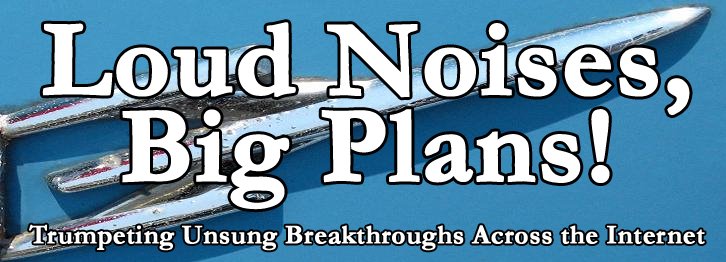Putting aside the problems of not being able to enjoy things like television and the internet, you'd have to spend cold winters outside and worry about getting killed by hunters or inattentive drivers. And then you'd have to be constantly eating to support yourself, considering that moose can weigh around 1,000 pounds. Now imagine what it would be like if you had arthritis. Ugly, right?
It looks like scientists at Michigan Tech are also thinking about what it would be like to be a moose. Unsurprisingly, they also think it would suck, but for different reasons. They're worrying about osteoarthritis.
I can see that. I can only imagine how bad joint pain is when you weigh ten times as much. That's a lot of stress to put on bones. According to them, malnutrition early in life leads to the bone and joint problems later, so I guess their next project should research how they can get moose to eat healthier.





